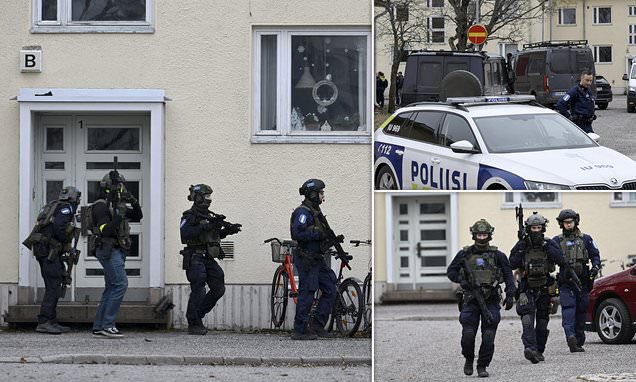By Ollus Ndomu
Berlin, May 9, 2024 – German authorities have detained approximately a dozen individuals linked to Nigeria’s infamous Black Axe crime syndicate following extensive nationwide raids conducted as part of a two-year investigation.
The Black Axe, also known as the Neo-Black Movement of Africa, is a notorious secret society with roots in Nigeria.
The group is known for its involvement in various criminal activities, including drug trafficking, human trafficking, money laundering, and violent crimes such as extortion and murder.
With a reputation for ruthlessness and intimidation tactics, the Black Axe has established a presence in several countries, including Germany, where its members are believed to be actively engaged in criminal enterprises.
The recent arrests in Germany mark a significant development in efforts to combat transnational organized crime and disrupt the operations of the Black Axe network.
Local media say the suspects were apprehended during coordinated raids conducted by German law enforcement agencies across multiple cities.
Authorities have indicated that the individuals in custody are facing charges related to their alleged involvement in criminal activities orchestrated by the Black Axe syndicate.
The presence of Nigerian-led organized crime groups in Europe, including the Black Axe, has raised concerns among policymakers and law enforcement agencies due to the potential for these groups to engage in illicit activities and undermine public safety.
In Germany, where tensions over migration and concerns about criminality have fueled anti-immigrant sentiments, the involvement of Nigerian crime networks has further exacerbated anxieties surrounding the integration of migrant communities.
While the arrests of Black Axe members represent a significant victory for law enforcement efforts to combat organized crime, the incident also emphasizes on the challenges posed by transnational criminal networks operating across borders.
As authorities continue to crack down on criminal enterprises, questions remain about the broader implications for law-abiding Africans living in countries like Germany, where negative perceptions of migrants and concerns about security continue to shape public discourse and policy responses.


